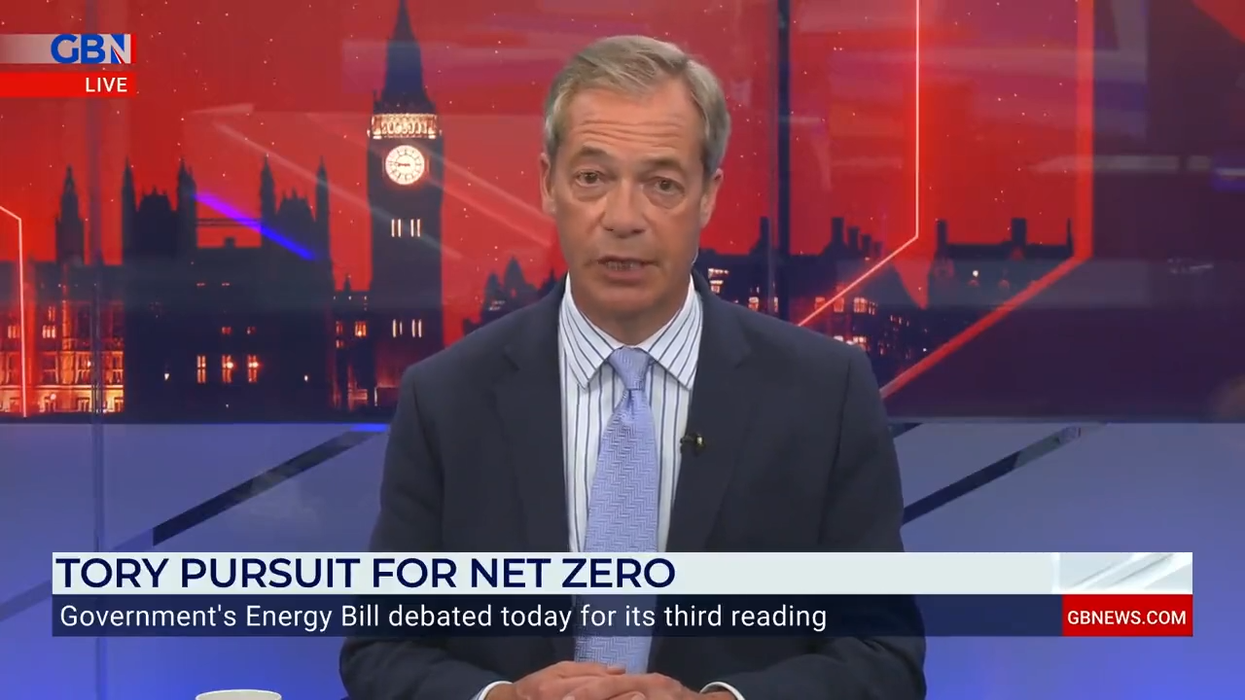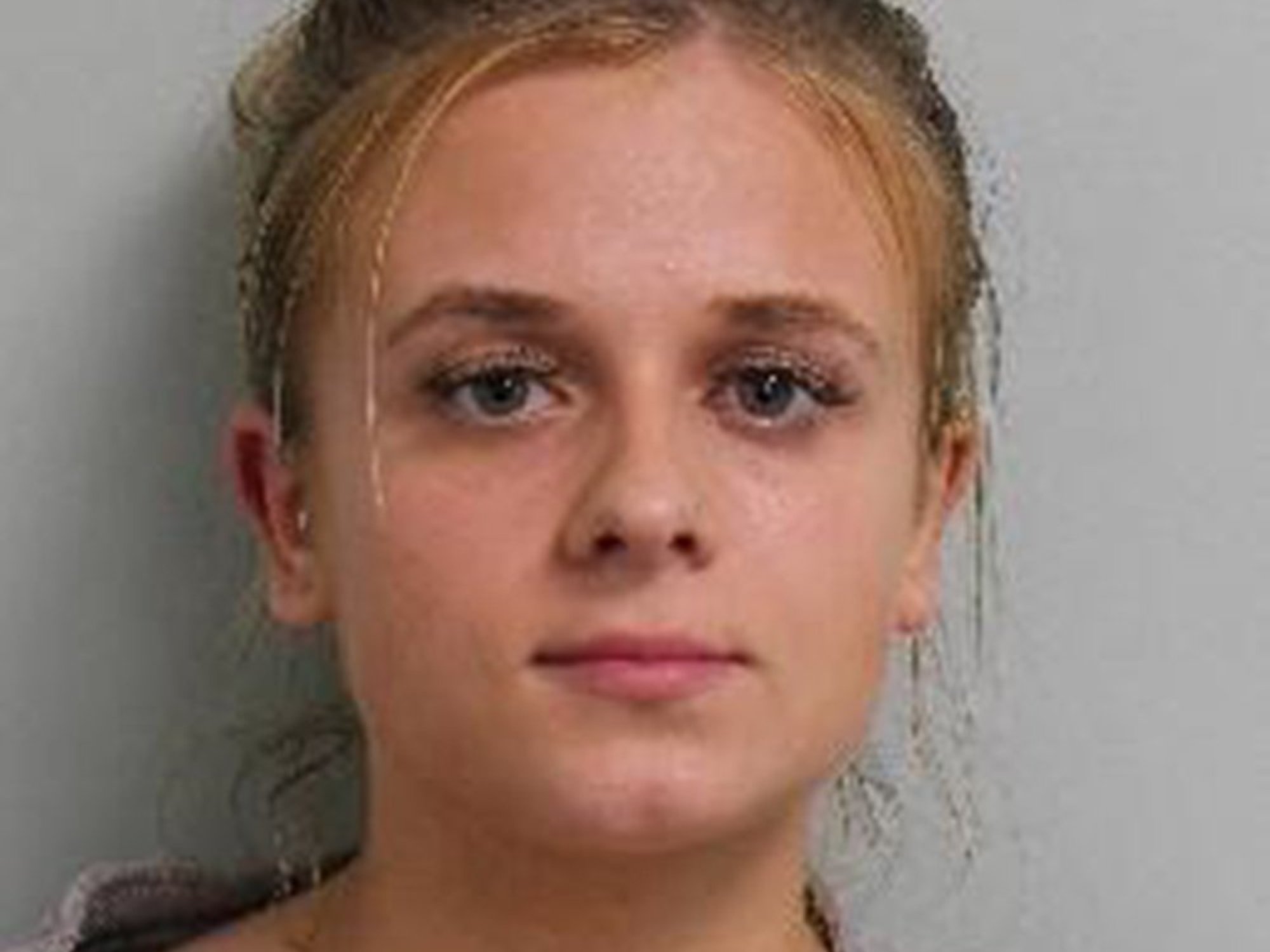'It's NOT ok to actively seek to get GB News shut down! The channel is leading an explosion of diversity in TV journalism', says Mark Littlewood

GB News host Nigel Farage
| GB NEWSMark Littlewood, Chair of Pop Con has his say on the attacks on GB News
Don't Miss
Most Read
Latest
In an era where diversity seems to be all the rage, its greatest champions often appear to have one almighty blind spot.
They celebrate the enormous variety of talent and culture which makes up modern Britain but appear to want a monoculture to exist in a key area of our public life – television broadcasting.
When GB News burst onto the scene, it provided a whole new take on covering the key issues of the day. Its style and approach were very different to the predictable, almost monochrome methods viewers could find elsewhere.
Often it highlighted controversial issues other broadcasters seemed reluctant to discuss.
Nearly three years on, it has found a loyal – even passionate - audience and performs very impressively against its main rivals on eyeball count. Of course, the channel is not to everyone’s taste. That’s fine.
What isn’t fine is the presence of a cohort of those who aren’t attracted by the GB News offering actively seeking to get the platform infracted or shut down. So much for diversity and inclusion when it comes to news and current affairs coverage on TV.
The nub of the problem is how television is regulated in modern Britain. We have a regulatory structure which was established for a different era. Our rules and procedures may have made some kind of sense back in the day but make precious little sense in 2024.
I’m old enough to remember the excitement of Channel 4 being launched back in the 1980s. This felt like some sort of astonishing breakthrough.
ITV had burst onto the scene (despite efforts by the BBC to kill commercial television at birth) when my Dad was just ten years old. BBC2 arrived eight years before I was born. A spanking brand new television channel coming into existence felt like something that occurred only once, maybe twice, in a generation.
In such an environment, those in charge of news and current affairs output on TV were in a privileged position. In an age in which there were just a handful of news bulletins available across the day and very limited competition, TV news had some of the features associated with monopolies.
Setting up a set of rules to ensure that the modicum of news people could receive was tightly regulated, even to the point of rendering it vanilla, may have had some sort of justification.
Forward wind to the current year and things are very different. I have lost count of how many channels are available to me on my TV set. Certainly hundreds. News and current affairs are a competitive and ever changing market. Not just on television, but on platforms such as YouTube. If one show or channel is not to my taste, I have countless dozens of others to pick from.
This means the sector’s regulator, OFCOM, is increasingly outdated. Its approach to protecting a tech savvy and intelligent public is patronising. Viewers know the personalities and attitudes of presenters.
A faceless state regulator interceding to ensure that a politician from a particular party can’t interview a colleague from the same party is treating the public as fools. If lines of interrogation aren’t rigorous or questioning is too softball, the audience will switch channels.
So fiddly and petty have broadcasting rules become that there was even a question as to whether Jacob Rees-Mogg could provide eye witness testimony from Buckingham Palace on a breaking story.
This might count as a politician delivering TV news, a forbidden activity in today’s Britain. In fairness, OFCOM didn’t fully investigate this incident, but the truth is it should have been nowhere near their inbox.
We should celebrate the amazing amount of choice, information and data we have at our fingertips. Sure, opinions and even facts are often contested – and there’s a blizzard of nonsense anyone can find online.
But the route to a better informed, better educated and more engaged citizenry is ever more diversity of supply when it comes to news and comment. Not a regulator believing it has perfect insight into determining what counts as fair, impartial or reasonable.
GB News should be proud of being at the forefront of this exciting explosion of more diversity in TV journalism. Long may it continue.







